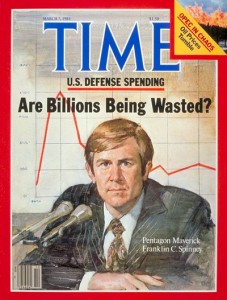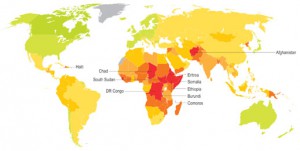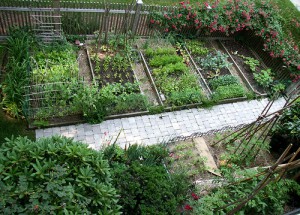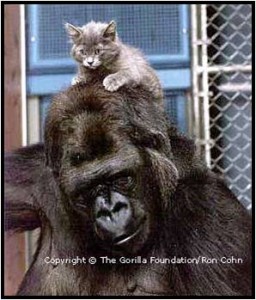![]() How Dangerous Is Genetically Modified Food?
How Dangerous Is Genetically Modified Food?
ALEX DALEY, Chief Technology Investment Strategist – Casey Research
Here is an investment advisor's view of developments in GMO. These analysts, who are focused only on making money, have a very cold blooded view of issues like GMO, and when they are alarmed it is worth paying attention.
Last month, a group of Australian scientists published a warning to the citizens of the country and of the world who collectively gobble up some $34 billion annually of its agricultural exports. The warning concerned the safety of a new type of wheat.
As Australia's number-one export, a $6-billion annual industry, and the most-consumed grain locally, wheat is of the utmost importance to the country. A serious safety risk from wheat – a mad wheat disease of sorts – would have disastrous effects for the country and for its customers.
Which is why the alarm bells are being rung over a new variety of wheat being ushered toward production by the Commonwealth Scientific and Industrial Research Organisation (CSIRO) of Australia. In a sense, the crop is little different than the wide variety of modern genetically modified foods. A sequence of the plant's genes has been turned off to change the wheat's natural behavior a bit, to make it more commercially viable (hardier, higher yielding, slower decaying, etc.).
Continue reading “SchwartzReport: Franken-Wheat Crime Against Humanity?”








